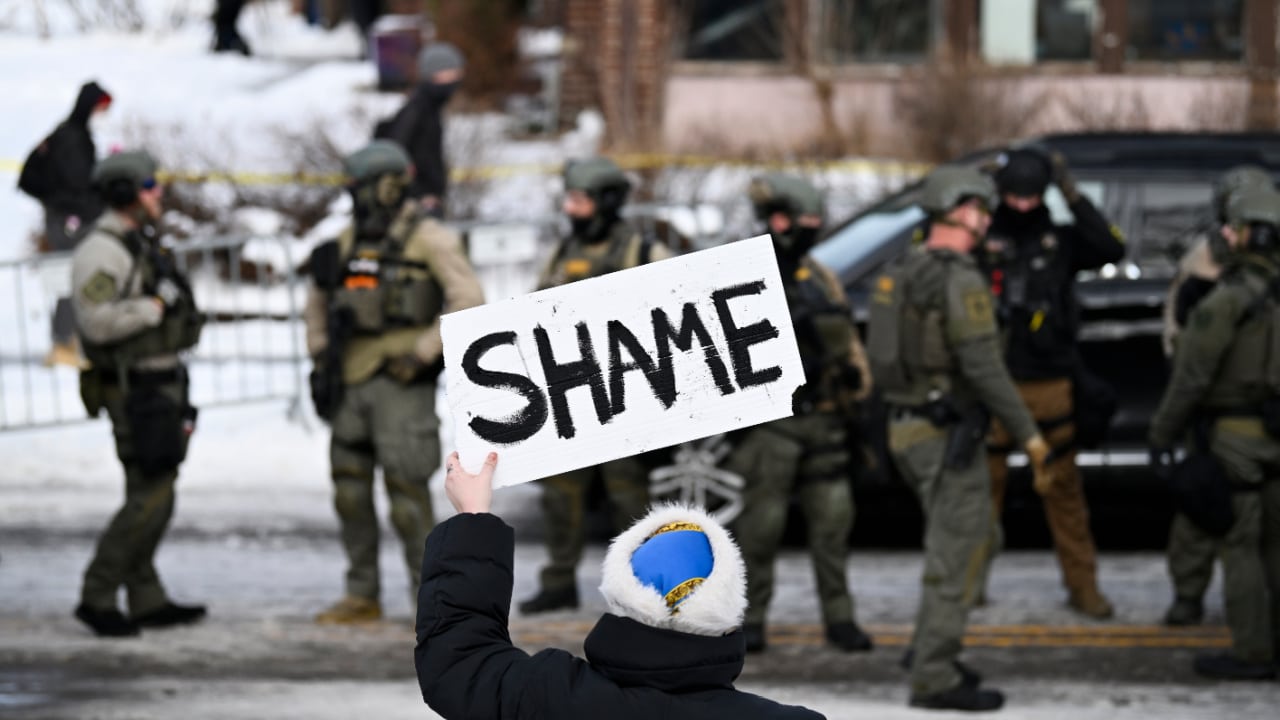Latin American Presidents Congratulate Gustavo Petro for His Win in Colombia
Gustavo Petro, 62, a former M-19 rebel who was imprisoned for his association with the group, has just been elected president of Colombia, making him the first leftist in the country’s history to be elected.
Leaders across Latin America are voicing their support for Petro through social media:
President of Chile, Gabriel Boric Font:
Translation: I just spoke with @petrogustavo to congratulate him on his victory in the presidency of Colombia together with @FranciaMarquezM . Joy for Latin America! We will work together for the unity of our continent in the challenges of a rapidly changing world. We continue!
President of Venezuela, Nicolás Maduro:
Translation: I congratulate Gustavo Petro and Francia Márquez for their historic victory in the Presidential elections in Colombia. The will of the Colombian people, who came out to defend the path of democracy and peace, was heard. New times are in sight for this sister country.
President of Argentina, Alberto Fernández:
Translation: The victory obtained by @petrogustavo and @FranciaMarquezM fills me with joy with which the electoral process in Colombia culminates. I have just conveyed to the president-elect my congratulations for the trust that the Colombian people have placed in him.
Former President of Bolivia, Evo Morales:
Translation: We congratulate the people of Colombia, the brother @petrogustavo , the newly elected president, and the sister @FranciaMarquezM , the first Afro-descendant vice president in the history of that country, for their indisputable victory at the polls. It is the victory of peace, truth and dignity.
President of Bolivia, Luis Arce:
Translation: Congratulations to the Colombian people! Our congratulations to brother @petrogustavo and sister @FranciaMarquezM for their victory at the polls today. Latin American integration is strengthened. We join the party of the Colombians. Jallalla #Colombia !
President of Mexico, Andrés Manuel Lopez Obrador:
Translation: Gustavo Petro’s triumph is historic. Colombia’s conservatives have always been tenacious and tough. The writer José María Vargas Vila recounted that the dictators of his country “dipped their daggers in holy water before killing.”
El Pais reports that Petro’s opening words as president-elect were: “It is not a change to take revenge, it is not a change to build more hatred, it is not a change to deepen sectarianism in Colombian society.” Petro plans to invite his political rivals to Casa de Nariño to collaborate for the betterment of the Colombian people. “It is not killing each other. It is loving each other,” he said.
Petro, who has campaigned for the presidency a total of three times, is being held up as a symbol of change in Colombia, which has experienced increased levels of economic inequality and violence over the last half century. Petro’s election represents a decisive rejection of the center-right governments that have ruled over Colombia throughout its history.
Before his presidential bid, Petro was a member of the M-19 movement, or the 19th of April movement, a left-wing guerrilla faction that aimed to bring democracy to Colombia following a 1970 election that was rigged to favor the dictator Gustavo Roja Pinilla, who had previously served as Colombia’s president from 1953 to 1957.

Despite their success in keeping Pinilla out of office in 1970, the M-19 movement continued as a revolutionary organization until 1990, when they were officially disbanded and reintegrated into Colombian society. Per The Guardian, “We are not going to betray the electorate that has shouted at history,” said Petro in a triumphant victory speech in Bogotá on Sunday night to rapturous applause. “It is that starting today Colombia changes.”
President-elect Petro began garnering public support in 2016, when the FARC (Revolutionary Armed Forces of Colombia) and the Colombian government agreed to the 2016 peace accords, which ended a decades-long conflict between the right-wing government and their left-wing opponents.
Although the agreements didn’t have unanimous public support, with “No” ballots comprising more than 50% of the votes cast by 13 million Colombians, the peace accords were ultimately signed on November 24, 2016. In the six years since the peace accords were signed, Colombia has seen a shift in political thinking, making way for Petro’s election.
This election also introduced many voters to Francia Márquez, 40, the first Black woman to be vice president of Colombia. In 2019, Márquez, who is also a lawyer, was attacked by a grenade after speaking out against illegal mining in Colombia.

According to AP, Petro said, “From this government that is beginning there will never be political persecution or legal persecution, there will only be respect and dialogue,” adding that he will listen to those who have raised arms as well as to “that silent majority of peasants, Indigenous people, women, youth.”
To their credit, Petro’s opponents have come out in support of his upcoming term, per El Pais. Most notably, Álvaro Uribe, a staunch opponent of the 2016 peace accords, tweeted, “To defend democracy, it is necessary to abide by it. Gustavo Petro is the President. Let us be guided by a feeling: First Colombia.”
Petro’s electoral opponent, Rodolfo Hernández, simply said, “Colombia will always count on me,” while Colombia’s current president, Iván Duque, said, “We agreed to meet in the coming days to start a harmonious, institutional and transparent transition.”
Despite his revolutionary origins, Petro insists that he plans to be a president for all Colombians. “There will undoubtedly be opposition, and perhaps fierce, and perhaps tenacious, and perhaps we will not understand it many times,” Petro said. “But in this government that is beginning there will never be political or legal persecution.”




